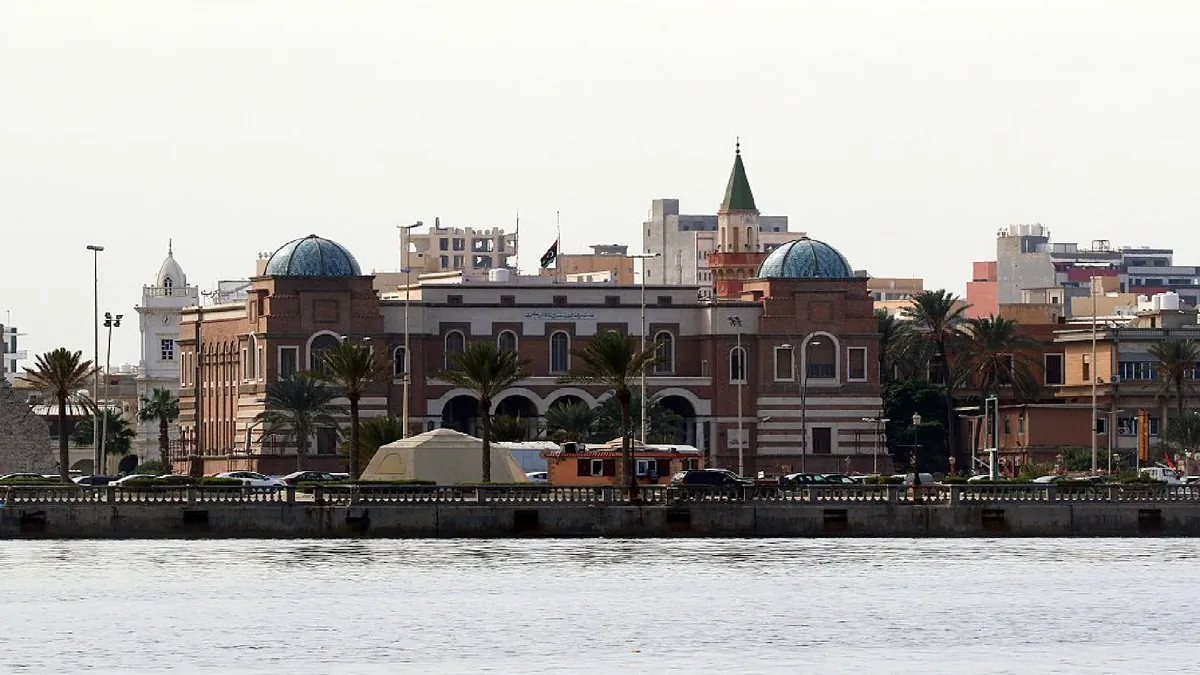The ongoing crisis at Libya's central bank has led to a significant reduction in oil production, highlighting the country's economic vulnerabilities. Sadiq al-Kabir, the former governor who was controversially removed by western Libyan factions, has reported that the Central Bank of Libya (CBL) is currently isolated from the global financial system.
Speaking from Istanbul, Kabir stated, "All international banks that we deal with, more than 30 major international institutions, have suspended all transactions." This situation underscores the severity of the crisis, given that Libya possesses the largest proven oil reserves in Africa and its economy heavily relies on the oil sector.
The dispute over control of the central bank reflects the broader political divisions in Libya, which has been grappling with instability since the overthrow of Muammar Gaddafi in 2011. The country currently has two rival governments, one in the east and another in the west, further complicating the financial landscape.
While the board appointed by western factions claims to have control over internal financial systems, including salary payments, Kabir maintains that foreign banks are not engaging with the new leadership. This impasse has significant implications for Libya's economy, which has already seen its GDP per capita drop substantially since 2011.
The United Nations Support Mission in Libya (UNSMIL), established in 2011, is working to facilitate negotiations between the House of Representatives parliament in eastern Libya and the High State Council (HSC) based in Tripoli. These talks aim to establish a mechanism for appointing the central bank governor and managing an interim period.
Kabir's removal has been contested by both the parliament and the HSC, who argue that it violates a 2015 agreement that forms the legal basis for Libyan politics. This agreement, endorsed by the international community, highlights the complex political landscape that any resolution must navigate.
The central bank crisis has far-reaching implications for Libya's financial stability. The Libyan dinar has faced significant devaluation in recent years, and the banking sector has been struggling with liquidity issues. These challenges are compounded by the current impasse, which affects the country's ability to manage its foreign exchange reserves effectively.
As negotiations continue, the future of Libya's central bank leadership remains uncertain. The resolution of this crisis is crucial not only for the country's financial stability but also for its oil production, which has fluctuated significantly due to political instability since Libya joined OPEC in 1962.
The international community, including institutions like the International Monetary Fund and the U.S. Treasury, are closely monitoring the situation. Their involvement underscores the global implications of Libya's financial crisis and the importance of finding a stable solution to ensure the country's economic recovery.
